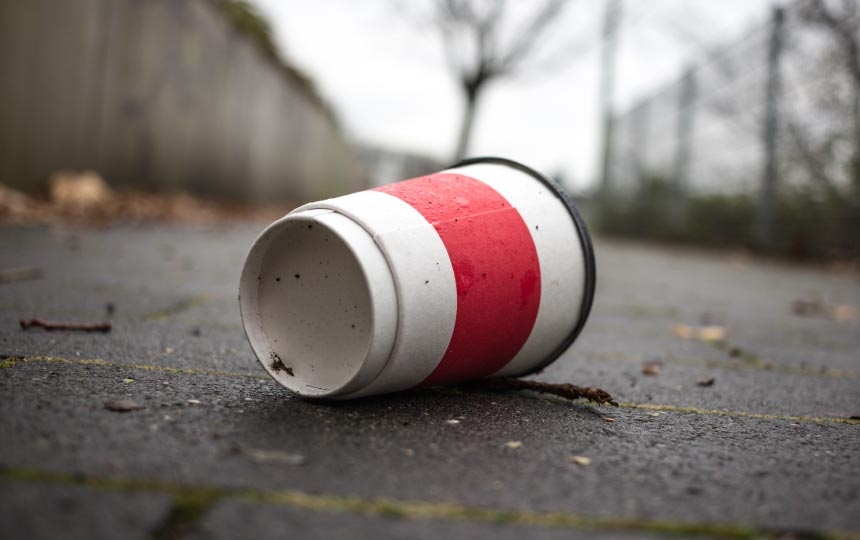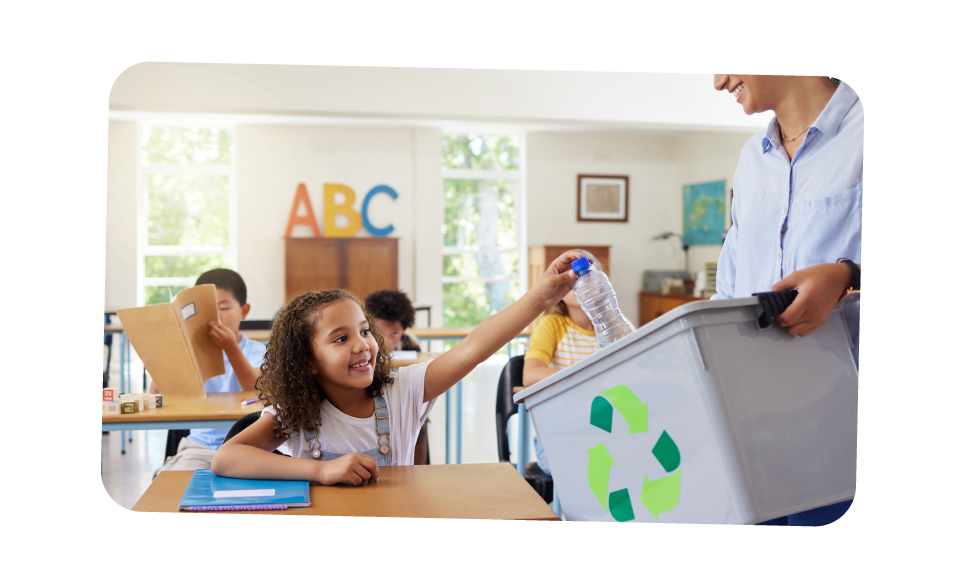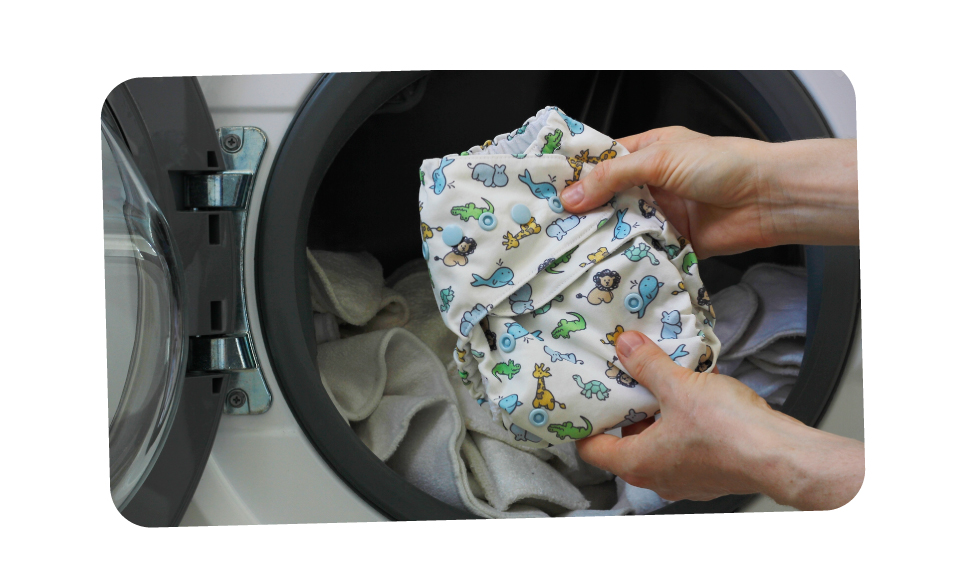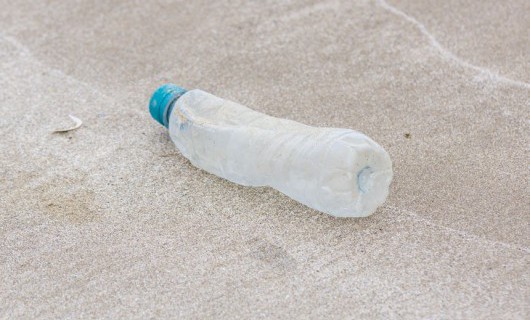Other creative initiatives
Other innovative approaches from Kiel include:
- Public bodies are banned from using single-use items
- Events and festivals are big in this city, and in the city’s biggest festival last year (2023) the organisers got rid of single use cutlery and replaced it with a deposit system
- The city also gives out free reusable bags for fruit and vegetables at events
- Turning hair from hairdressers into material that filters oil from water
So, what can we learn from Kiel and how can we implement this in the UK?
- Policy innovation: Implement policies around PAYT system and incentivise the use of cloth nappies.
- Public engagement: Launch public awareness campaigns and offer financial incentives to drive behaviour change
- Collaboration: Partner with local business, community groups, and environmental organisations to create and sustain zero waste initiatives
- Be creative: Be innovative and remember that no idea is too crazy if it serves a good cause. Sometimes the most unexpected ideas can lead to the most significant positive changes
We can learn from Kiel's success in achieving Zero Waste status that impactful change comes from integrating multiple strategies, not just one initiative alone. By adopting an approach across systems, cities can create a more sustainable future.
Global inspiration - Zero-waste initiatives beyond Europe
While cities like Kiel in Germany lead the charge for zero waste in Europe, other regions around the world are making similar strides, with Kamikatsu, Japan, standing out as a powerful example. Located in Shikoku island, Kamikatsu is on track to become Japan's first zero-waste town, setting a remarkable standard for sustainable living.
Kamikatsu’s transformation began in the 1990s, committing to a zero-waste future by 2003, with a series of small but impactful steps, such as introducing formal recycling programmes and establishing a unique Zero Waste Centre. This facility allows residents to sort rubbish into 45 categories for reuse, recycling, or disposal, while also encouraging reflection on consumerism through its design... a building shaped like a giant question mark.
The town now recycles around 80% of its waste, significantly above Japan's national average, and has integrated sustainability into all aspects of life, from upcycled thrift shops to a zero-waste brewery and hotel. Much like Kiel’s initiatives, Kamikatsu has adopted creative solutions, reflecting the power of local actions in driving significant environmental change.
Both Kamikatsu and Kiel are paving the way for a zero-waste future and showing us how policy, community engagement, and creativity can come together to build a more sustainable world.








